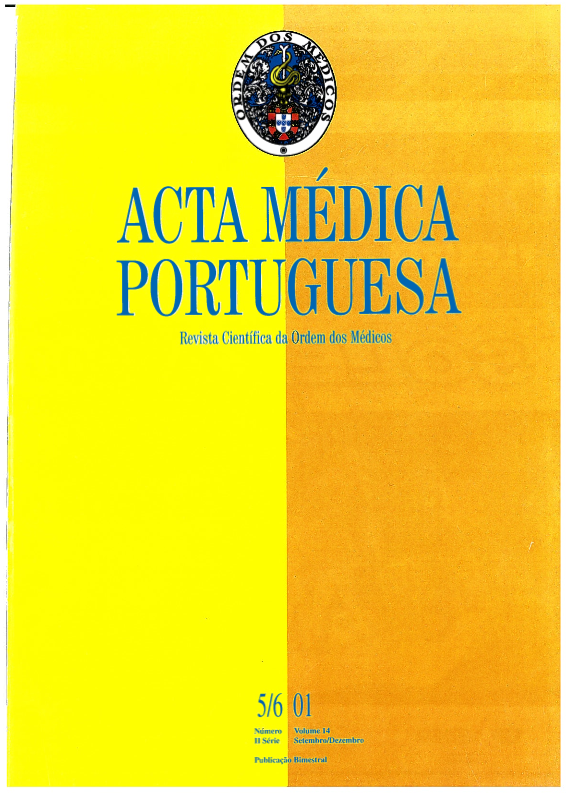The Portuguese version of the 20-item Toronto Alexithymia Scale -- I. Linguistic adaptation, semantic validation, and reliability study.
DOI:
https://doi.org/10.20344/amp.1884Abstract
The Toronto Alexithymia Scale, namely in its revised version (TAS-20), is nowadays widely used and certainly the most well validated measure of alexithymia; allowing to recognize three distinct aspects of the construct.The aim of the present study is to assess reliability and validity of a Portuguese translation; proceeding in this first part, to the semantic validation and confirmatory structural analysis of the questionnaire, as well as to the analysis of the internal coherence of this structure, and of its reliability in what concerns time stability. Just to later examine validity related aspects as described in a second paper.Fist of all translation and substantiation were properly made as described according with commonly used procedures. Thus resulting in a questionnaire subsequently applied to three distinct populations: university students (N = 468), outpatients attending a routine general practice consultation (N = 50), and patients with inflammatory bowel disease (N = 74).Despite some traceable instability while replicating the original model, confirmatory factorial analysis somehow allowed disclosing the three originally described factors. Nevertheless also resulted some differences susceptible to later being discerned among the factors in what concerns their internal coherence: the questionnaire as a whole is highly reliable, and the same goes for factor 1, in any of the studied samples; less steady results among different groups were found regarding factors 2 and 3. However the test-retest stability brought to evidence, in any of the considered groups, an excellent reliability in all aspects: global score and integrating factors.With these sound psychometric properties of the instrument under scrutiny, the observed cross-cultural variations result as minor, while also considering the aimed comparability in the context of a vast amount of alexithymia studies carried out all over the world.Downloads
Downloads
How to Cite
Issue
Section
License
All the articles published in the AMP are open access and comply with the requirements of funding agencies or academic institutions. The AMP is governed by the terms of the Creative Commons ‘Attribution – Non-Commercial Use - (CC-BY-NC)’ license, regarding the use by third parties.
It is the author’s responsibility to obtain approval for the reproduction of figures, tables, etc. from other publications.
Upon acceptance of an article for publication, the authors will be asked to complete the ICMJE “Copyright Liability and Copyright Sharing Statement “(http://www.actamedicaportuguesa.com/info/AMP-NormasPublicacao.pdf) and the “Declaration of Potential Conflicts of Interest” (http:// www.icmje.org/conflicts-of-interest). An e-mail will be sent to the corresponding author to acknowledge receipt of the manuscript.
After publication, the authors are authorised to make their articles available in repositories of their institutions of origin, as long as they always mention where they were published and according to the Creative Commons license.









